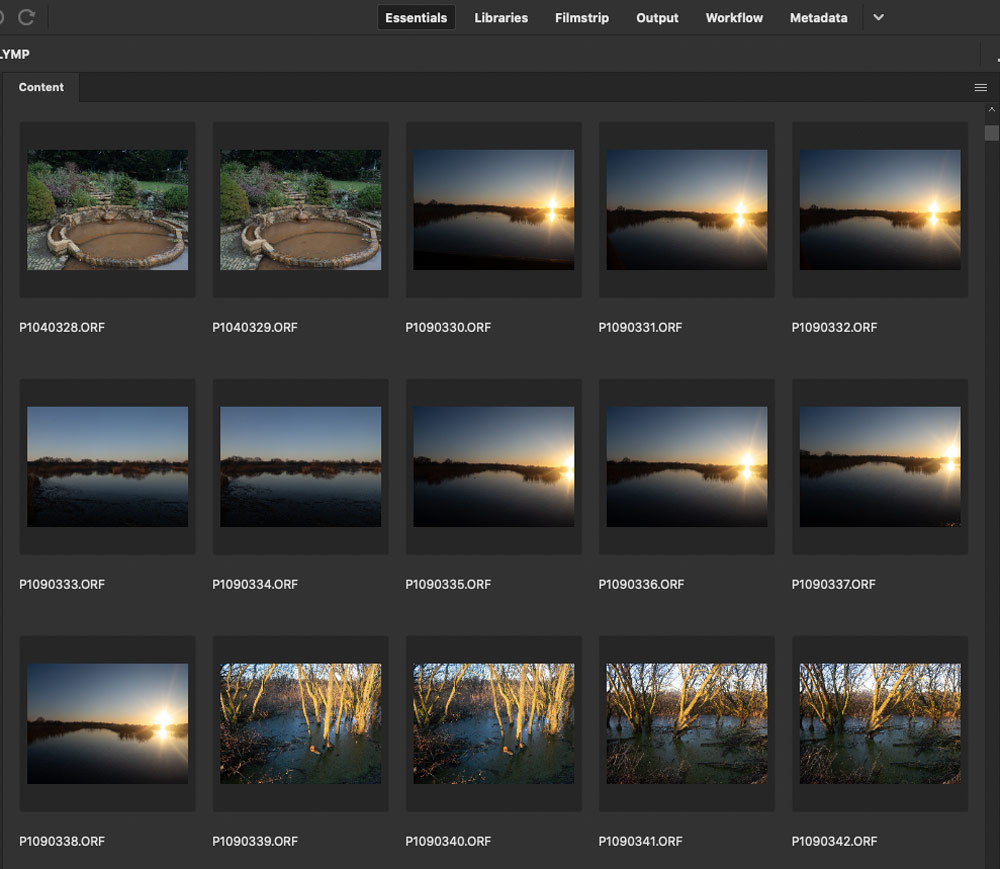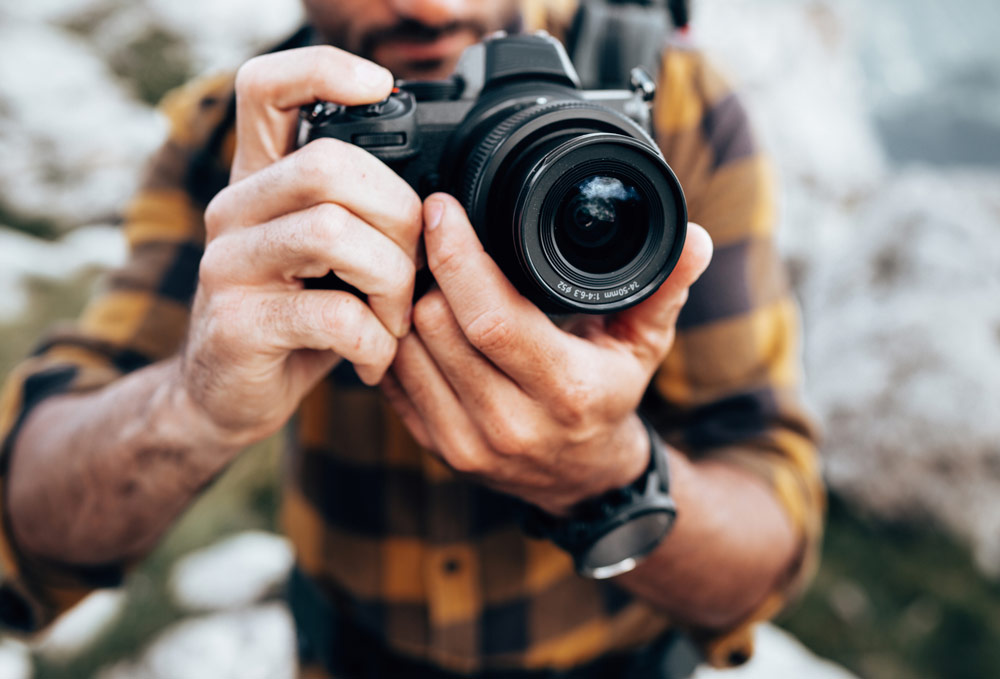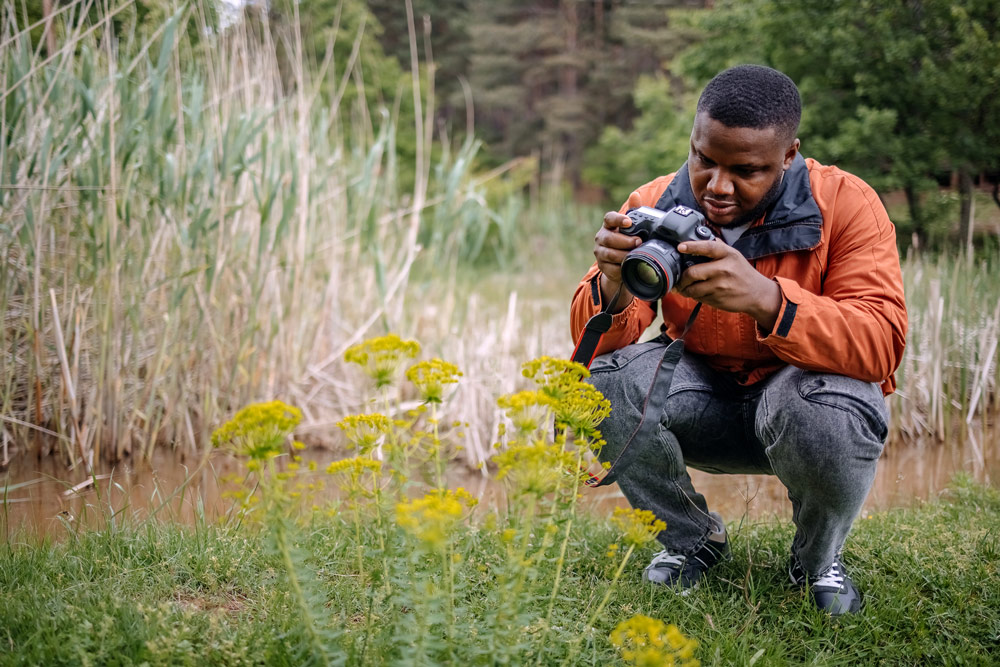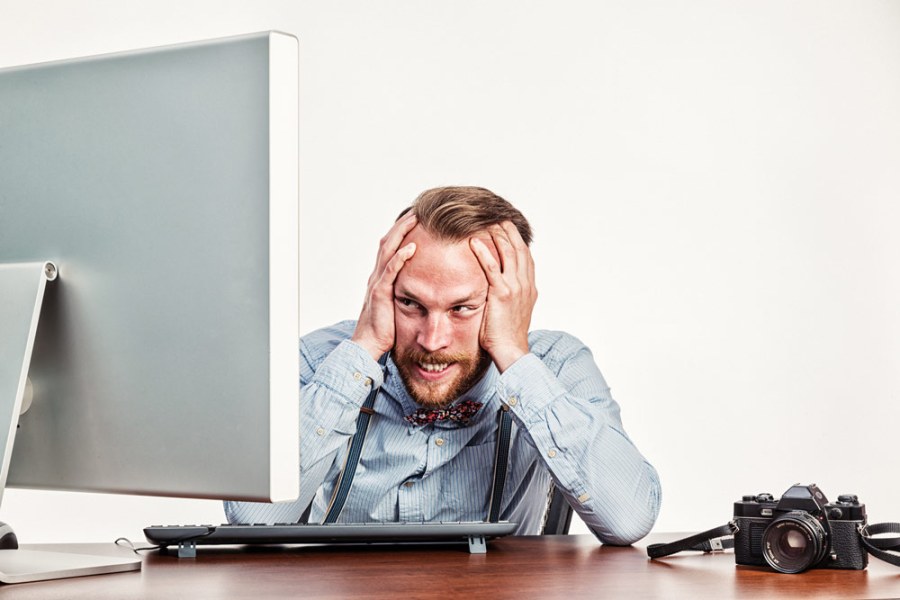No it’s nothing to do with tricky exposure scenarios or the cost of the latest mirrorless cameras – for Deputy Editor Geoff Harris, it’s the evils of overshooting
‘My name is Geoff and I am an overshooter. It’s making my photography unmanageable, and I need something to restore me to sanity.’
While I’d never be so crass as to compare taking too many photographs to an addiction to alcohol and drugs, I feel I need to be honest about my problem with overshooting – and I suspect I am not alone.
‘But why is it even that big a problem,’ I can hear you say. ‘You no longer need to worry about running out of film and cheap, large capacity memory cards are readily available.’ Well yes, but…
Overshooting has a knock-on effect
The problem, for me at least, is that overshooting then turns culling and editing my pictures from a shoot into a real chore. So I put it off, and the pile of unedited images sitting on various memory cards or ‘clouds’ soon mounts up. I can feel them silently accusing me. ‘Geoff, don’t have a rest at the weekend or watch Amazon Prime… you need to be spending time with us.’
It’s easy enough to erase obvious duds from your memory card or smartphone shortly after taking them, but my problem is that I rattle off lots of very similar pictures, sometimes with only very slight variations. Why do I do this? Images aren’t going to disappear randomly from my card or Google Photos account, or my camera suddenly about to give up the ghost (it’s possible, but unlikely).
Being too trigger-happy can also cause problems if you are low on memory card space or battery power. When something really interesting or unique suddenly happens in front of you, you could miss the picture!

Cold-turkeying overshooting
There are a few things going on here, and I am trying to deal with my overshooting addiction in the spirit of problem-solving, rather than beating myself up.
First, I need to more disciplined when I am out taking pictures. Once I have captured a bird in flight at my local nature reserve, for example, it’s time to move on to something else. I don’t need 10 very similar shots of a cormorant drying its wings in the sun; one or two will suffice, though if the light improves or if Mr Cormorant does something a bit more interesting, it’s fine to return to the subject.
I could also imagine that I am shooting film and am limited to 36 exposures. Or I might pretend that I have a small capacity memory card and I’m about to run out of space. I’m certainly not the first to come up with these ideas, but they are worth a try.
Before anyone writes in to suggest I just shoot film, believe you me, I’ve tried that – it helps with overshooting a bit as film costs add up, but I’ve also ended up with lots of undeveloped rolls of film sitting around!

To wind back a bit, combating overshooting is also about being more self-critical and mindful when you are about to take the shot. Is the light as good as it could be? Are distractions creeping in? Can I see all of that bird or person’s face? If not, don’t bother taking the shot and wait awhile until conditions are better. Proper photography requires patience.
Then, I need to be more rigorous when I preview the image. Checking if the image is sharp enough by reviewing it at 100% (if your camera allows it) is a great tool here. Any doubts, bin the image. Be ruthless. A mediocre image is not suddenly going to get better as it’s sitting on your memory card or phone.
I also need to be more honest about the time I am willing to spend editing images taken for my own personal enjoyment. Like many readers, I am often sat in front of a computer all day for work, so it’s not surprising that I don’t want to be stuck in my home office in the evenings or at the weekend (indeed, working from home tends to make this resistance to being tied to the computer during free time even worse).
Rather than (unrealistically) committing myself to marathon editing sessions, just putting aside an hour a day will help and it all adds up.

The importance of tenacious D
No this is nothing to do with Jack Black side-projects, I’ve come to realise that efficient shooting and editing requires the D word – discipline. I still shoot the occasional wedding, where discipline is imposed on you, like it or not.
You can’t tell the happy couple that you still haven’t got round to finishing their wedding day pictures as you took too many frames and keep putting off the editing (well you can but you’ll get taken to court). The same goes for all commercial photography jobs, but most enthusiast photographers don’t have the ‘blessing’ of externally imposed deadlines.
There are many definitions of discipline, but one of my favourites is from Jocko Willink, a decorated Navy SEAL officer turned podcaster and corporate coach – discipline equals freedom. In this case, being disciplined about overshooting frees you up to move on to shoot more interesting things that day. It also liberates you from having to spend so long culling shots before you even get round to editing.
Being disciplined about editing then helps you identify your best pictures more easily, so you can then do something positive with them. That could be sharing them with your social media audience to help raise your profile, entering them into a competition, or even just printing them out to enhance your home and motivate you to get out bed the next time you have an early shoot. Jocko’s hard-won insights are starting to make sense…
Even if your images from a particularly exciting shoot don’t turn out that well, it’s an opportunity to learn and do better next time. So maybe we sometimes put off editing because of the fear of disappointment?
I’ll finish by quoting Jocko again, ‘discipline can seem like your worst enemy. But in reality it is your best friend. It will take care of you like nothing else can.’
If you’ve also struggled with overshooting or procrastination when it comes to culling and editing images, I’d love to hear from you, along with any solutions you’ve found. Email [email protected].







